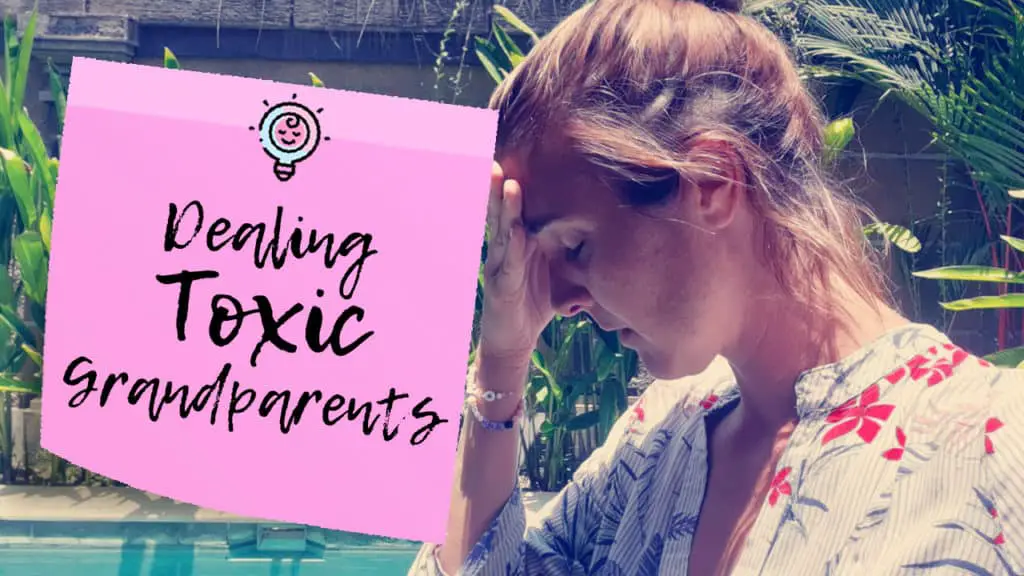1. Remember that your children’s best interests are of utmost importance.
2. Define your boundaries.
3. Don’t get caught in the guilt trap.
4. Define your expectations.
5. Make your expectations clear.
6. Be firm with your decision.
7. Offer alternatives.
8. Remember, you are the parent.
9. Act as a team with your partner
10. Set boundaries if you need them.
11. Get professional help.
1. Identify what the best outcome is for yourself and your children.
2. Stay calm and do not add fuel to the fire.
3. Be kind yet firm with your stance.
4. Give yourself a break and draw space if you need to.
5. Seek professional assistance if necessary.
6. Acknowledge their feelings, but do not give your power away.
7. Identify wounds and triggers that may make you uncomfortable around them.
8. Remember that you do not have to respond immediately, give both yourself and them some time.
A part of your responsibility is to protect and help children learn skills to identify and navigate toxic people. If your child’s grandparent is toxic towards them, you need to shelter them as you would from any other toxic person. You need to give your child the skills to navigate this situation, so it does not have drastic effects on their wellbeing. You may have to set expectations for the grandparent to protect your child from their toxic behaviour.
1. They undermine your parenting role.
2. They do not adhere to your decision.
3. Believing that they are the parent and want to control decisions.
4. They play favourites between grandchildren.
5. They are abusive—physical, emotional, verbal, financial.
6. Demanding excessive communication and access to their grandchildren.
7. ‘Nothing is ever good enough’ from you or for their grandchild.
8. They play the victim.
9. They play the martyr.
10. Speaking badly about you or your child to others.
11. Using guilt or manipulation to control situations.
12. They believe they are a better parent than you.
13. They are domineering.
Often, grandparents feel that they are more experienced at making parenting decisions because they have done it before and for longer than you have. Some grandparents act like parents out of love and wanting the best for everyone involved. Some grandparents have a controlling nature and want to be in a position of power.
Unless a grandparent is a primary carer for their grandchild, they can not demand visitation rights. Grandparents can ask for visitation rights but do not have a guaranteed right to visit or access their grandchildren. The rights in this situation are focused on the child rather than the parents or grandparents. The court may grant visitation rights to a grandparent if it is presumed to be in the best interest of the child.
Grandparents will play different roles based on experience and expectations. If you are lucky, your child’s grandparents may play an important role in raising your children. They will help support you and give you advice. They will also be nurturing and great role models for your children.
Unless your child’s grandparent is your child’s primary carer, their role is not to parent the child. Moreover, their role is also not to make prime decisions regarding the child’s life and upbringing unless agreed upon by the parent. A parent’s expectations and relationship with the grandparent will determine the level of responsibility and influence they have in the upbringing of their grandchildren.





